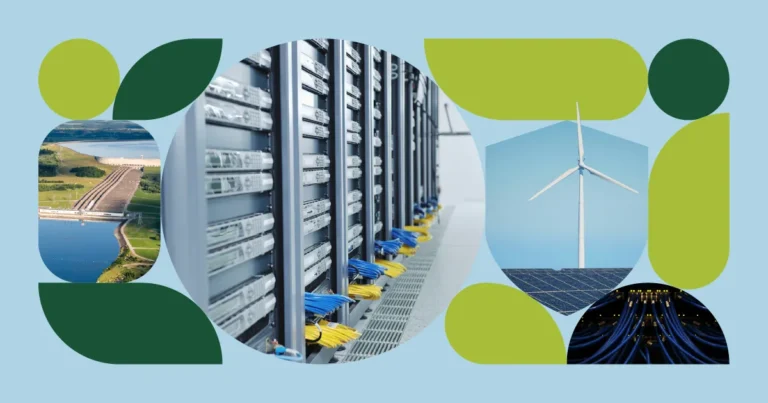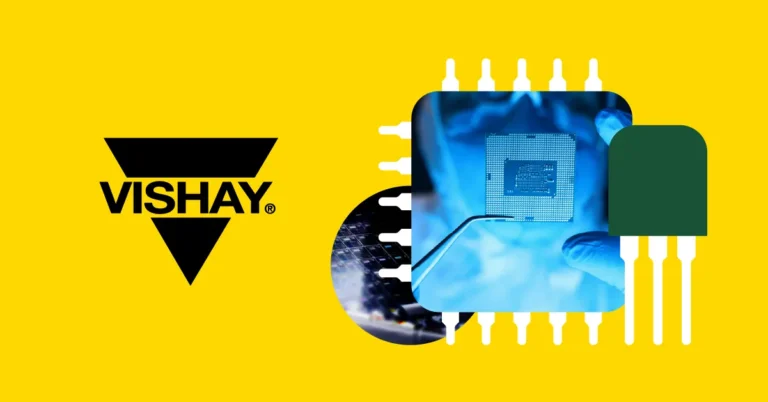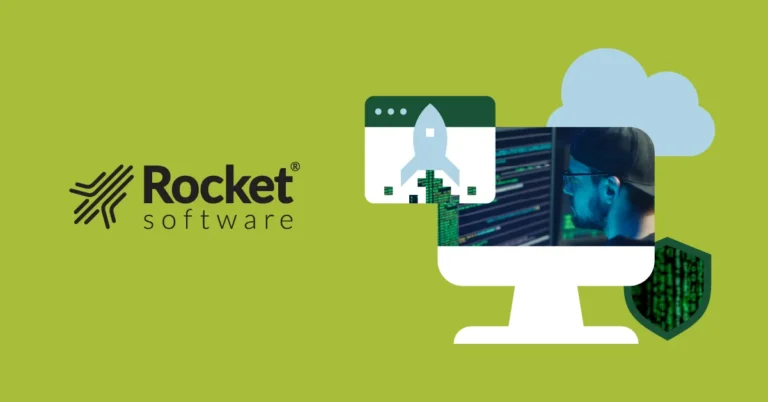This article was originally published on Focus on Business
Author: Evelina Lazareva, an Investment Advisor, Global Business services & ICT at Invest Lithuania
In the three decades since declaring independence, Lithuania has become a regional hub for science, innovation, and tech. To do this, it not only had to overhaul its institutions and infrastructure, but also to adopt a progressive, global mindset. Diversity is an essential pillar of this internationally minded worldview. And in Lithuania, this diversity has found strong expression across the fields of education, science, and business. In this article, I will be exploring the strides Lithuania has made and look into the role the country’s GBS & ICT centres play in raising the diversity bar.
Entrepreneurship and career development without gender bias
With an above-average female participation rate of 57.34%, Lithuania sees women well represented in the overall workforce, as well as, among managers and entrepreneurs. Lithuania is in the Top 3 EU countries for the share of women in top management positions, according to the BCG Gender Diversity Index.
The GBS & ICT industry in Lithuania very well knows, that having a diverse and inclusive workforce and workplace is a strategic business asset: women account for nearly 50% of the overall headcount in the industry. And this equal representation extends into higher positions as well, with almost 50% of the senior management positions being held by female executives. Danske Bank is a great industry example: while the company‘s goal by 2023 is to have 35%/65% women to men ration in the global executive leadership level, the company’s branch in Lithuania has already surpassed this with a 75%/25% women to men ratio in the extended leadership.
Similarly to other CEE locations, Lithuania is pretty egalitarian when it comes to the STEM field. In fact, 57% of all engineering and scientific research talent are women.
International students and professionals make for a diverse talent pool
While Lithuania can’t claim to be a melting pot of cultures just yet, its major cities are already hosting a large body of international students. Almost 10% of all university students come from abroad, and interestingly, almost 80% of them come from outside of the EU. Retaining talent and attracting highly qualified specialists from abroad is paramount to maintaining a healthy and diverse talent pool. With this in mind, several years ago Invest Lithuania launched Work in Lithuania – an initiative dedicated to encouraging highly- skilled professionals living abroad to build their careers in Lithuania.
The Work in Lithuania database already has almost 21,000 users, with people from Nigeria, India, Georgia, Brazil in the TOP5. At the same time, Work in Lithuania is involved in educating companies based in the country (many GBS & ICT centres are among their partners) on issues related to international talent attraction and migration.
And as dedicated readers of FOCUS ON Business might remember, to make the integration of international professionals’ smoother, Vilnius has launched International House Vilnius – a one-stop-shop that helps newcomers get acclimated.
GBS & ICT centres in the country provide great opportunities for international talent. For example, 1 in 5 Moody’s employees in Lithuania is a foreign national (the benchmark being 1 in 20). This is the case in many other centres as well, including Citco Group of Companies, which hires people of 26 nationalities, with 15% of the 800-strong team in Lithuania being citizens of other countries.
The role of GBS & ICT centres in promoting diversity
Led by international companies with high standards for diversity and inclusion, Lithuania-based GBS & ICT centres have long been at the forefront of making workplaces a better place for all.
One of the most innovative Lithuanian GBS centres, Telia is also among the country’s leaders in corporate social responsibility, especially in promoting children’s IT skills and digital literacy. Telia’s CSR efforts also include building an inclusive workplace. Taking the lead from the company’s HQ in Stockholm, Telia Global Services Lithuania is an active supporter of equal rights. It is one of the first companies in the entire Telia Group to achieve gender equality among employees and middle-level executives, and it continuously supports initiatives promoting a culture of equal opportunities in the public domain.
Danske Bank is another company at the forefront of diversity and inclusion. LGBTQ+ families, working for Danske Bank in Lithuania (as well as other locations), have access to equal conditions for parental, paternal and maternal leave. Among other initiatives, the company has launched the campaign #Free-ToBeMe to drive positive change within society by making it more open, tolerant, and inclusive. The company also hosted The Inclusion Day ’21 event to provide a platform for business representatives, public activists and artists on diversity and inclusion-related topics. In addition to hosting this event, Danske Bank and other companies took a stand to emphasise the importance of regulating civil partnership in the country.
Nasdaq in Vilnius, meanwhile, places great emphasis on building a culture that welcomes diversity and is inclusive for all. To this end, it is building an environment where associates feel connected and empowered. The company supports 11 Employee Networks uniting common interest employee groups from Women in Nasdaq (WIN), Veterans@Nasdaq to OPEN (Out Proud Employees of Nasdaq), representing LGBTQ+ employees and their families.
Diversity, equity, and inclusion are in the DNA of many American companies that have settled in Lithuania, including Moody’s. Locally, they have an Inclusion Group that sees 7–8 volunteers help shape company culture and make sure everyone’s voice is heard. Interestingly Baltic Pride and Inclusion Day are the events that see the highest engagement.
These are just some of the many examples found across the 90 GBS & ICT centres that call Lithuania their home. With their drive, I am sure we will see even more initiatives in the coming years.













